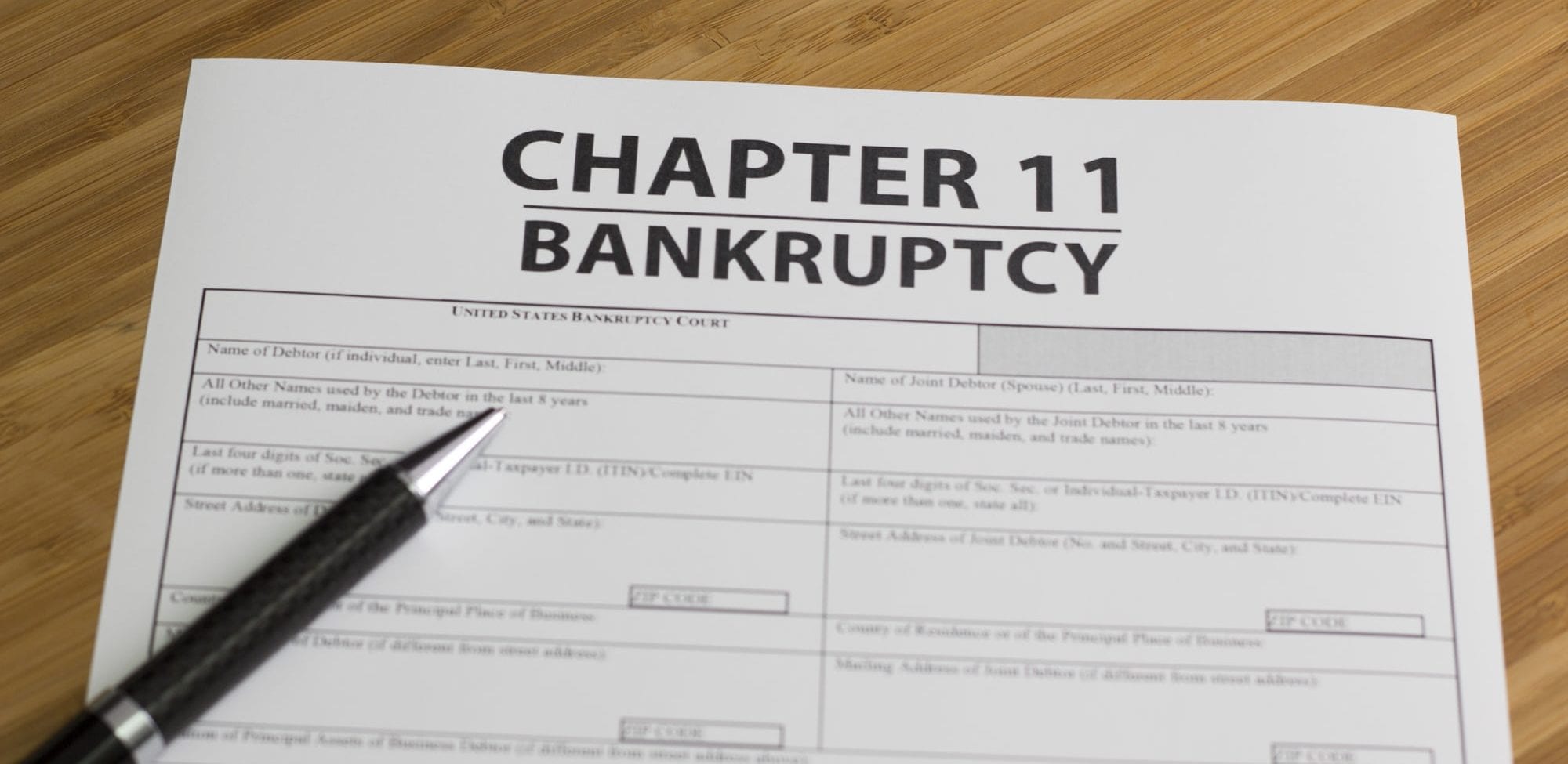In times of financial turmoil, individuals often find themselves facing tough decisions. One such decision is declaring bankruptcy, a legal process that allows individuals and businesses to discharge or restructure their debts when they are unable to meet their financial obligations. Despite its practical necessity, declaring bankruptcy can carry a stigma that often leads to questions about its morality and societal judgment. In this article, we will explore the notion of shame associated with bankruptcy and shed light on the legal aspects, consequences, and alternatives to help you make an informed decision.
Understanding Bankruptcy
Bankruptcy is a legal process designed to provide relief to individuals and businesses overwhelmed by debts they cannot repay. It is governed by federal laws in the United States, such as the Bankruptcy Code, and is a practical solution for those who find themselves trapped in a financial quagmire. The decision to declare bankruptcy is often motivated by a desire to regain financial stability, protect assets, and start anew.
The Stigma Surrounding Bankruptcy
Why do people feel ashamed when considering bankruptcy?
Bankruptcy can be viewed as a last resort, a public acknowledgment of financial failure. Society often attaches a sense of shame to this process, which can deter individuals from seeking the help they need. The stigma surrounding bankruptcy is rooted in various misconceptions, such as associating it with recklessness or moral failure. In reality, bankruptcy is a legal remedy designed to offer a fresh start to those in financial distress.
The Legal Perspective on Bankruptcy
Is bankruptcy a shameful act in the eyes of the law?
From a legal standpoint, bankruptcy is not a moral judgment but a practical solution to help individuals and businesses recover from insurmountable debt. The legal system provides a structured process for filing bankruptcy, which includes assessing assets, liabilities, and determining the best approach to handle the situation. Bankruptcy judges are concerned with fairness and following the law, not assigning blame or shame.
Common Myths and Misconceptions
What are some common misconceptions about bankruptcy?
- Bankruptcy ruins your financial future.
- False. While bankruptcy does affect your credit score and remains on your credit report for several years, it does not mean the end of your financial life. With responsible financial practices, you can rebuild your credit over time.
- Bankruptcy is only for those who mismanage their finances.
- Not true. Many people face financial challenges due to unexpected life events, such as medical bills, job loss, or divorce. Bankruptcy is a lifeline for those who have tried but cannot overcome their debt burden.
- Bankruptcy erases all types of debt.
- Partially true. Bankruptcy can discharge certain debts, but not all. For instance, child support, alimony, and some student loans are generally not dischargeable.
- Bankruptcy means losing all your assets.
- Incorrect. Bankruptcy exemptions protect essential assets like your home, car, and personal belongings, allowing you to retain them in many cases.
Bankruptcy Alternatives
Are there alternatives to bankruptcy?
Yes, several alternatives to bankruptcy can be explored, depending on your specific financial situation:
- Debt Consolidation: Combining multiple debts into a single, more manageable loan can make it easier to repay your obligations.
- Debt Negotiation: You can work with creditors to negotiate lower interest rates or reduced payments to make debt more manageable.
- Credit Counseling: Non-profit credit counseling agencies can help you create a budget and repayment plan to manage your debts effectively.
- Debt Management Plans: These plans involve working with a credit counseling agency to develop a structured repayment plan.
- Selling Assets: In some cases, selling assets may be a way to generate funds to repay your debts without resorting to bankruptcy.
Conclusion
In conclusion, the question of whether it is shameful to declare bankruptcy is subjective and often rooted in misconceptions and societal judgment. From a legal perspective, bankruptcy is a tool designed to offer individuals and businesses relief from overwhelming debt. The stigma associated with bankruptcy should not deter those in financial distress from seeking the help they need to rebuild their financial lives.
If you find yourself facing insurmountable debt, it’s crucial to consult with a qualified bankruptcy attorney or financial advisor to understand your options fully. Bankruptcy may be the lifeline you need to regain control of your financial future, and it should not be a source of shame but a step towards financial recovery and stability.







